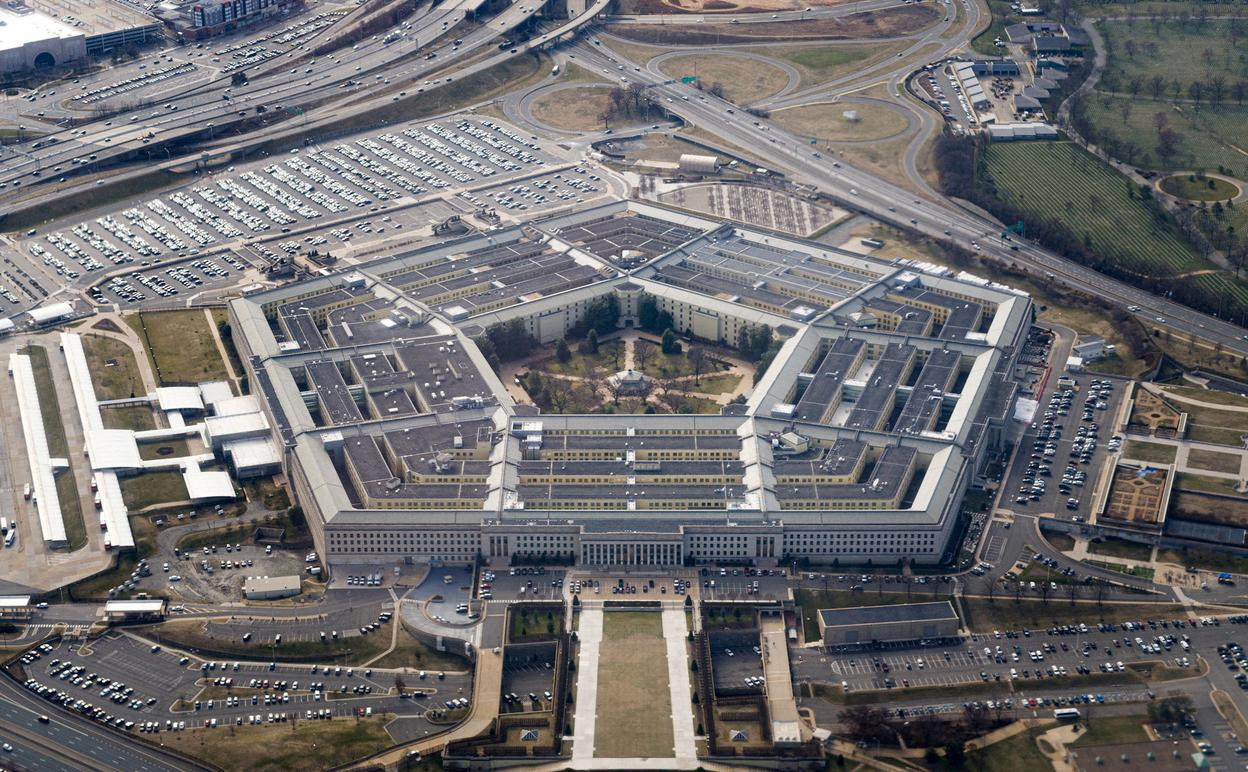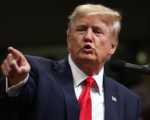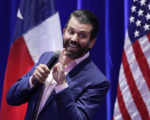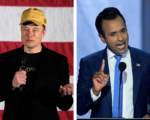Potential Pentagon Shake-Up Looms as Trump Eyes Loyalty-Driven Military Leadership in Second Term

With Donald Trump poised to assume office, speculation swirls over potential widespread changes in the Pentagon. During his campaign, Trump promised to remove so-called “woke” generals, raising concerns among current military and civilian officials about an impending purge of personnel seen as disloyal or politically misaligned. Trump’s renewed focus on loyalty stems from past frustrations with military leadership, stemming from issues such as skepticism over NATO and hesitance to deploy U.S. troops for domestic security.
Trump’s criticism extends beyond the Pentagon’s ranks. Some former military leaders, including Trump’s ex-chairman of the Joint Chiefs, General Mark Milley, have voiced their own disapproval of his leadership, with Milley calling out Trump for alleged authoritarian tendencies. Now, Trump has openly suggested severe consequences, such as possible charges of treason for perceived disloyalty, even hinting at the execution of those he deems unfaithful.
Experts predict that Trump’s priority on loyalty may prompt him to oust high-ranking military officials and career Pentagon employees. Senator Jack Reed, chair of the Senate Armed Services Committee, warned that Trump’s approach could severely disrupt the Department of Defense, suggesting he would remove officials upholding constitutional principles. One figure likely to be scrutinized is the current Joint Chiefs Chairman, General C.Q. Brown, who has actively supported diversity initiatives and spoken out against discrimination in the military.
The emphasis on loyalty over experience could extend beyond military officials to civilian staff. Allies of Trump, including Vice President-elect J.D. Vance, have endorsed replacing federal employees with conservative loyalists, suggesting civil servants within the Department of Defense could also face loyalty tests. This has sparked concern that the ranks of experienced professionals, integral to defense operations, might be hollowed out, diminishing long-term expertise within the Pentagon. A senior defense official cited widespread anxiety, noting the potential for a “chaos premium” resulting from the scale of changes Trump’s administration may pursue.
Cultural issues have become key talking points. Trump’s campaign underscored plans to remove diversity-focused policies and reinstated a ban on transgender individuals serving in the military. Campaign materials amplified a hardline stance on “anti-woke” policy positions, framing transgender and social diversity policies as contrary to national strength. Trump has pledged to rename military bases honoring Confederate generals, signaling another reversal of progressive reforms.
More alarmingly, Trump’s broader policy agenda includes plans to mobilize the military in ways unseen in recent administrations. This could mean the use of National Guard or even active-duty troops to enforce immigration policy or quell domestic unrest, proposals that have sparked warnings among military experts. Such moves, they argue, could provoke public backlash and politicize the military, eroding its longstanding reputation as a respected, apolitical institution. Defense Secretary Lloyd Austin recently reminded the armed forces that they are required to follow “all lawful orders” but has cautioned that interpretation of the law could lead to contentious situations if morality or ethics are at stake.
Military analysts highlight that there is a misconception about whether soldiers can disobey morally questionable orders; in reality, service members are bound to obey lawful commands regardless of personal reservations. Kori Schake of the American Enterprise Institute notes the potential for confusion within the ranks if such high-level turnover and culturally divisive policies are implemented. For many, this loyalty-based purge could redefine the Pentagon’s operational culture for years to come, introducing political leanings into military service and straining its core missions.
As Trump prepares to enact sweeping changes, including possible amendments to federal employment policies, the Pentagon faces an uncertain future, with some officials predicting a transformation as profound as “2016 on steroids.” This period of heightened politicization could leave lasting consequences for the Department of Defense, possibly reshaping its core values and affecting the effectiveness of American military operations.





















